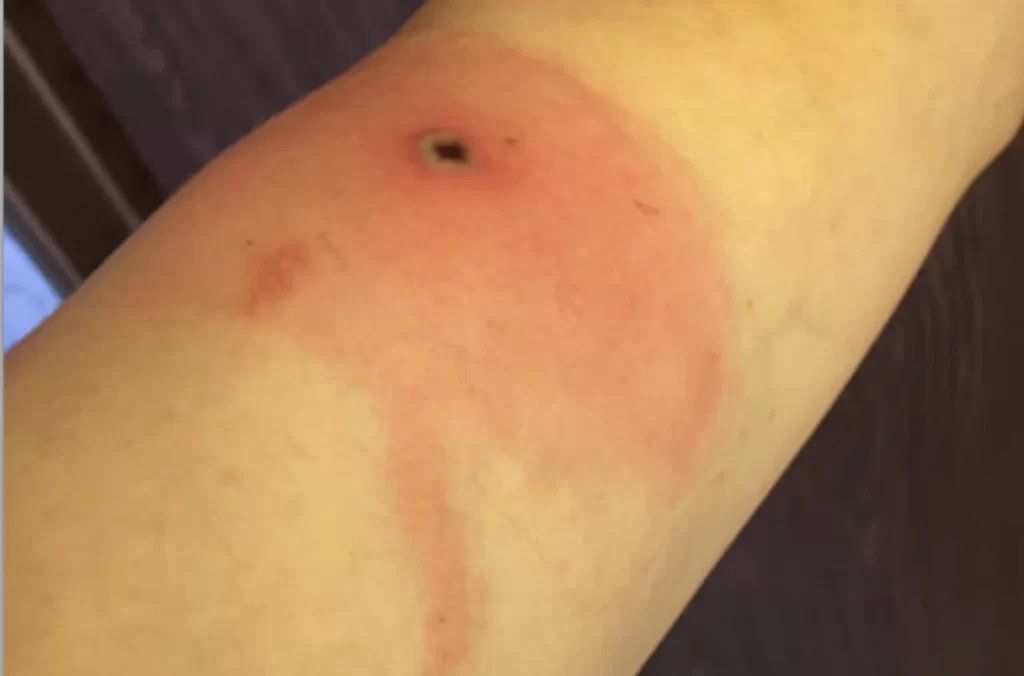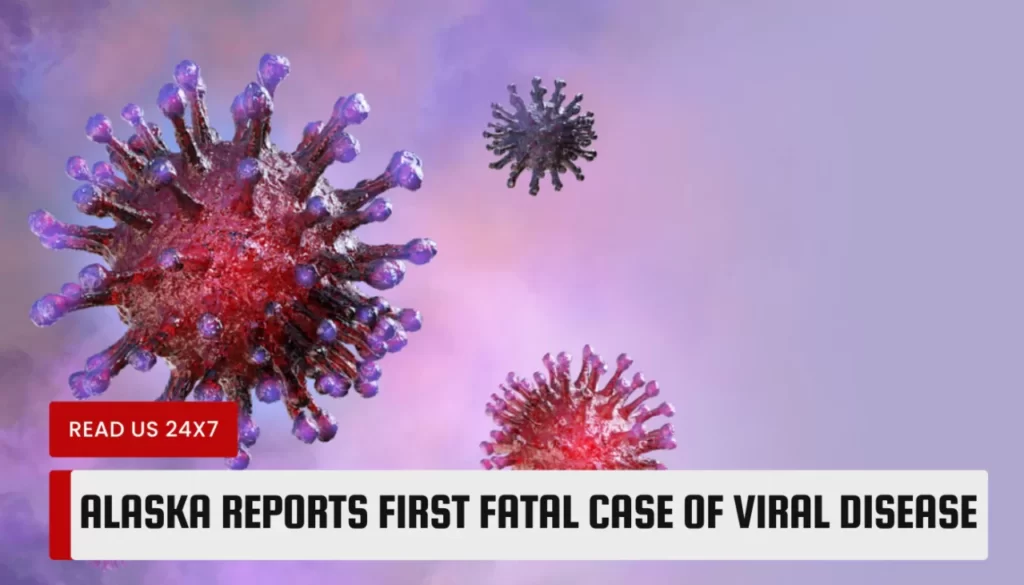Alaskapox is a rare viral disease that originated in Alaska and can cause severe illness or death in humans and animals. It was first discovered in 2015 and has recently claimed a life in the US.
What is Alaskapox?
Alaskapox is a type of orthopoxvirus, a group of viruses that includes smallpox, cowpox, and monkeypox. It is named after Alaska, where it was first identified in 2015 in two people who had contact with sick or dead small mammals, such as squirrels and rabbits. The virus is thought to have jumped from animals to humans, a process known as zoonosis.

Alaskapox is a potentially fatal disease that can cause serious complications, such as pneumonia, encephalitis, and organ failure. There is no specific treatment or vaccine for Alaskapox, and the only way to prevent infection is to avoid contact with infected animals or people.
What species can get Alaskapox?
Alaskapox is primarily found in small mammals, such as squirrels and rabbits, that live in Alaska and nearby regions. These animals may act as reservoirs or hosts for the virus, meaning they can carry and spread it without showing symptoms.
However, Alaskapox can also infect humans and other animals, such as dogs, cats, and horses, through direct or indirect contact with infected animals or their bodily fluids. For example, a person can get Alaskapox by touching a wound or sore on an infected animal, or by inhaling aerosols from an animal’s cough or sneeze.
Symptoms and Health Officials’ Response
The symptoms of Alaskapox are similar to those of smallpox, a deadly disease that was eradicated in 1980. They include fever, headache, muscle pain, fatigue, and rash. The rash usually appears on the face, hands, and feet, and consists of red bumps that turn into blisters and scabs.
Alaskapox can cause severe illness or death in some cases, especially in people who have weakened immune systems, such as the elderly, children, or those with chronic diseases. The mortality rate of Alaskapox is unknown, but it is estimated to be lower than that of smallpox, which was about 30%.
Health officials are monitoring the situation and trying to prevent the spread of Alaskapox. They are conducting surveillance, testing, and contact tracing to identify and isolate cases and contacts. They are also educating the public and providing guidance on how to protect themselves and their pets from Alaskapox.
Conclusion
Alaskapox is a rare viral disease that originated in Alaska and can cause severe illness or death in humans and animals. It is transmitted by contact with infected animals or people, and has symptoms similar to smallpox. There is no specific treatment or vaccine for Alaskapox, and the best way to prevent infection is to avoid exposure to infected animals or people. Health officials are working to contain the outbreak and raise awareness about the disease.








